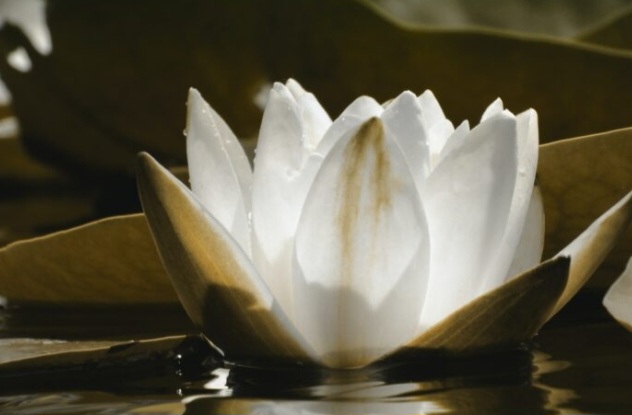Lotus Flower 🪷

“30 Health Benefits of Lotus Leaves and Flowers
Lower Cholesterol – Making a tea of lotus flowers and leaves is great for lowering cholesterol. It blocks the absorption of fats and thus helps lower cholesterol and trigs.
Diabetes – The leaves lowers blood sugar levels thus helping those suffering from diabetes.
Fatty Liver – Tea made from the leaves also helps heal fatty liver disease.
Detoxing – Lotus leaf tea is great for detoxing the blood and thus helping to lower your risk of disease.
Stress – Lotus flower tea is relaxing, soothing, sedative, and helps with anxiety… and bringing about a peaceful feeling.
GI Tract – Lotus flower tea helps with diarrhea, gas, and cramps… and soothes away inflammation.
Acid Reflux – Lotus flower tea helps with acid reflux, lowering stomach acid, and soothes away gastric ulcers.
Lower Blood Pressure – Lotus leaf tea is also a good vasodilator helping to lower blood pressure.
Fertility – Men who suffer from premature ejaculation find that lotus tea helps with their condition. And women who have heavy periods find that lotus tea reduces blood flow.
Heat – In Traditional Chinese Medicine lotus leaf tea is used for summer heat syndrome to get rid of heat rash and cool internal organs.
Skin – In Ayurvedic Medicine lotus flowers are ground into a paste and applied to the skin, moisturizes the skin, and creating youthful looking skin.
Vitamin C – Lotus flowers contain Vitamin C which is a powerful antioxidant helping to keep away diseases such as cardiovascular disease, strokes, and even cancer.
B – Vitamins – Lotus flowers also contain B – Vitamins which are important for fertility, vitality, and mood.
Iron – Lotus flowers contain iron which is important for anemia.
Phosphorus – Also lotus flowers contain phosphorus which is important for strong bones.
Heart Health – Because lotus leaves are full of antioxidants they can increase blood flow to the heart and lower blood pressure.
Anti-inflammatory – Lotus leaf tea is a great anti-inflammatory helping with redness, swelling, and pain… associated with arthritis and other inflammatory diseases.
Weight Loss – Lotus leaves help to prevent carbs and fats from being absorbed, and boosts your metabolism thus you to lose weight. And lotus leaf contains L-Carotene which boosts metabolism.
Anti-fungal and Antibacterial – Studies show that rubbing lotus leaves on infected areas can kill ringworm fungus and works well for athletes foot. And lotus leaf tea is also antibacterial in action… killing invading bacteria naturally.
Linoleic Acid – And lotus flowers contain linoleic acid which is important for preventing heart disease, cancer, diabetes, arthritis, weight loss, and boosting your immune system.
Antioxidants – Lotus flowers contain powerful antioxidants such as nuciferine, lotusine, neferin and demethyl coclaurine which help to prevent cardiovascular disease, strokes, and cancer.
Healthy Liver – Lotus leaf tea helps to promote healthy liver function.
Melanin – The oil from lotus flowers helps the body produce more melanin to protect it from damaging suns rays… and also fights premature gray hair.
Astringent – Lotus leaf tea is very astringent and has been used in Traditional Chinese Medicine to stop internal bleeding… and has been used for treating bloody urine.
Mucus – Lotus leaf tea helps expel mucus, making it great for colds, coughs, and other respiratory and sinus problems.
Making Tea – Take 2 Teaspoons of dried flowers and add them to a 1/2 liter of very hot water and let steep for 5 or 6 minutes. Lotus flower tea has a nice sweet aroma.
If you have fresh lotus leaves cut a 4×4 inch piece and steep it in hot water for 5 to 10 minutes.
For dried leaves use 2 teaspoons in a 1/2 liter of hot water and let steep for 5 minutes.
In capsule form most recommend taking from up to 6 grams per day.
Lotus leaves and flowers are important to keep on hand at all times – Enjoy!






Comments
Post a Comment